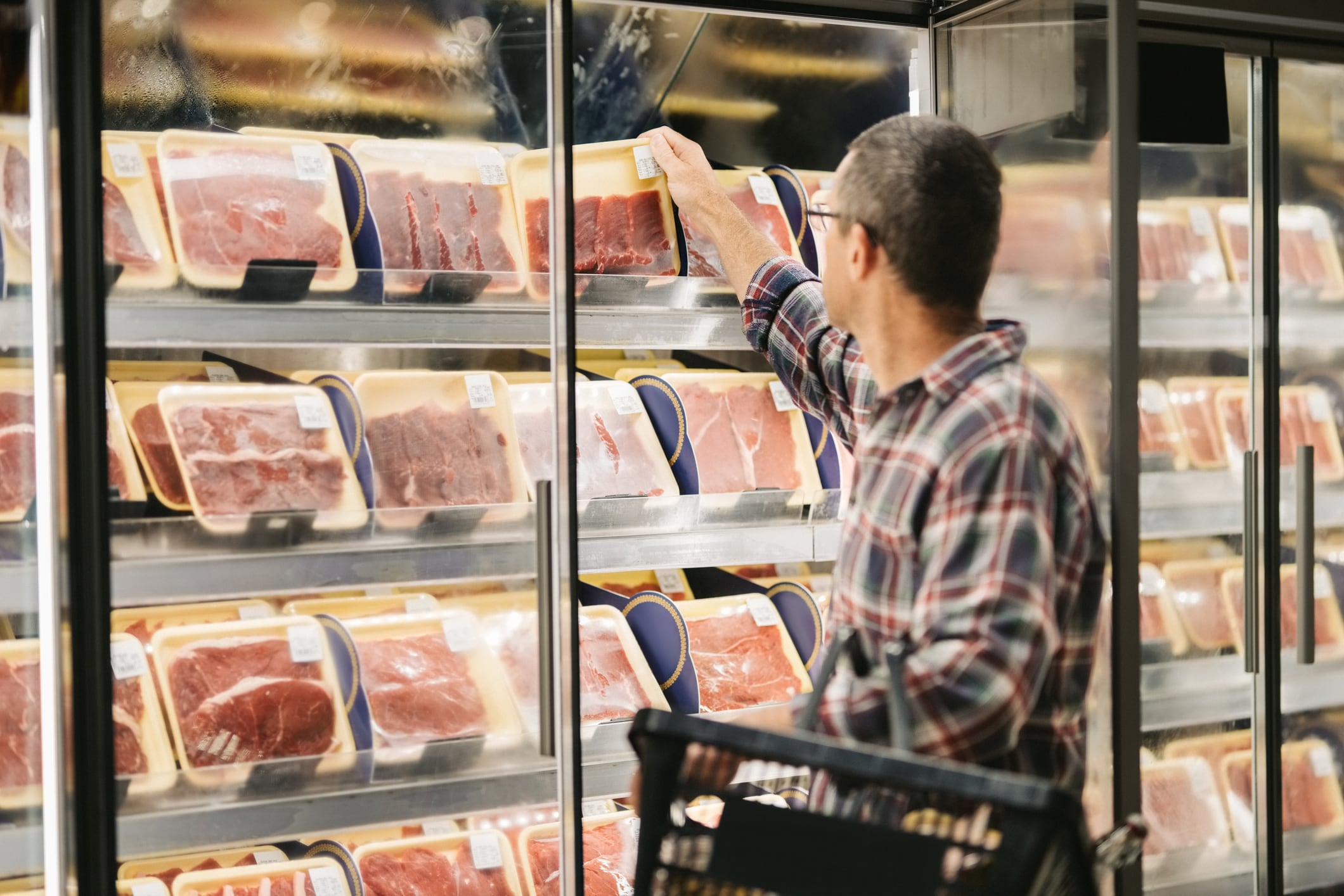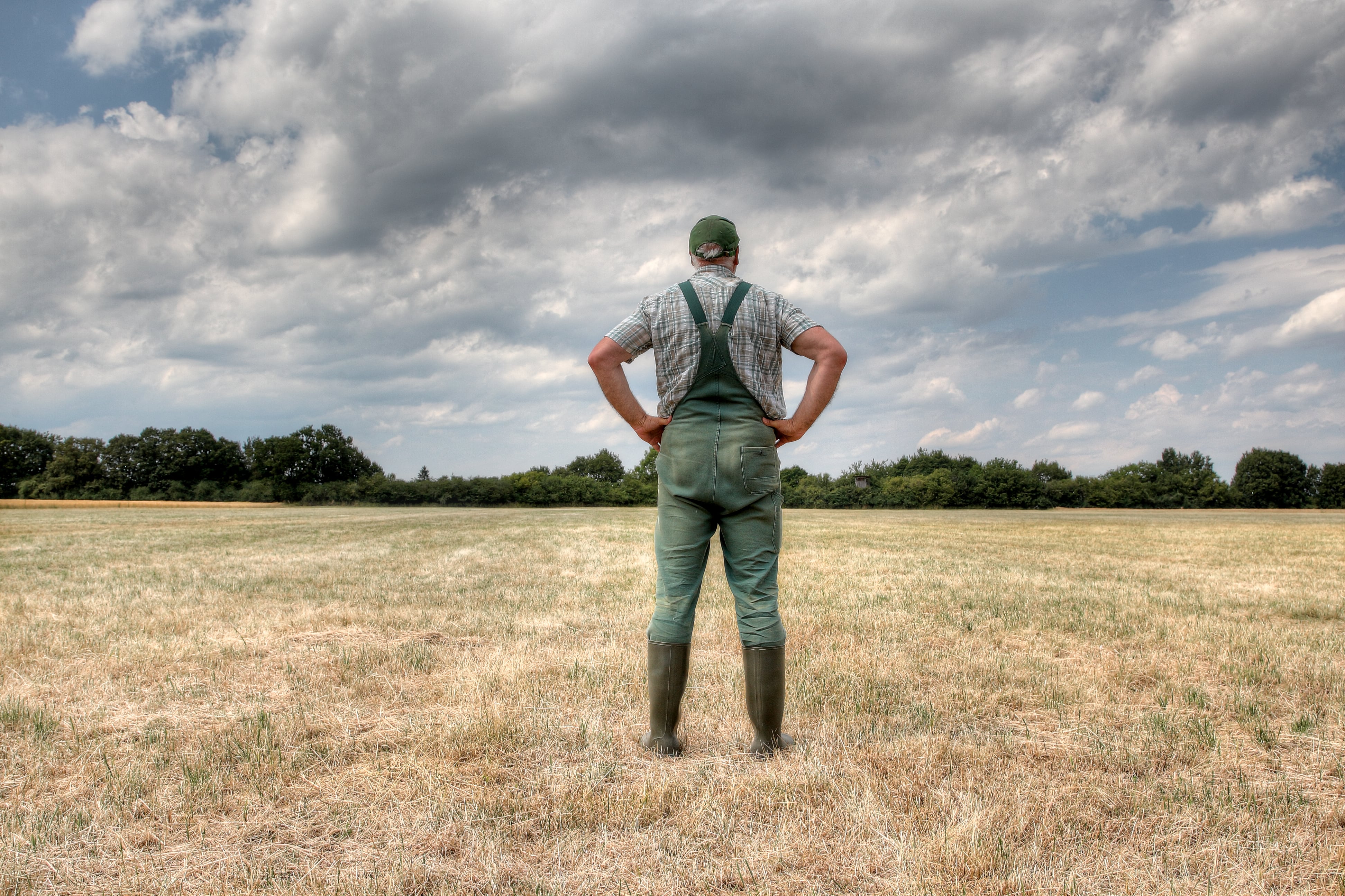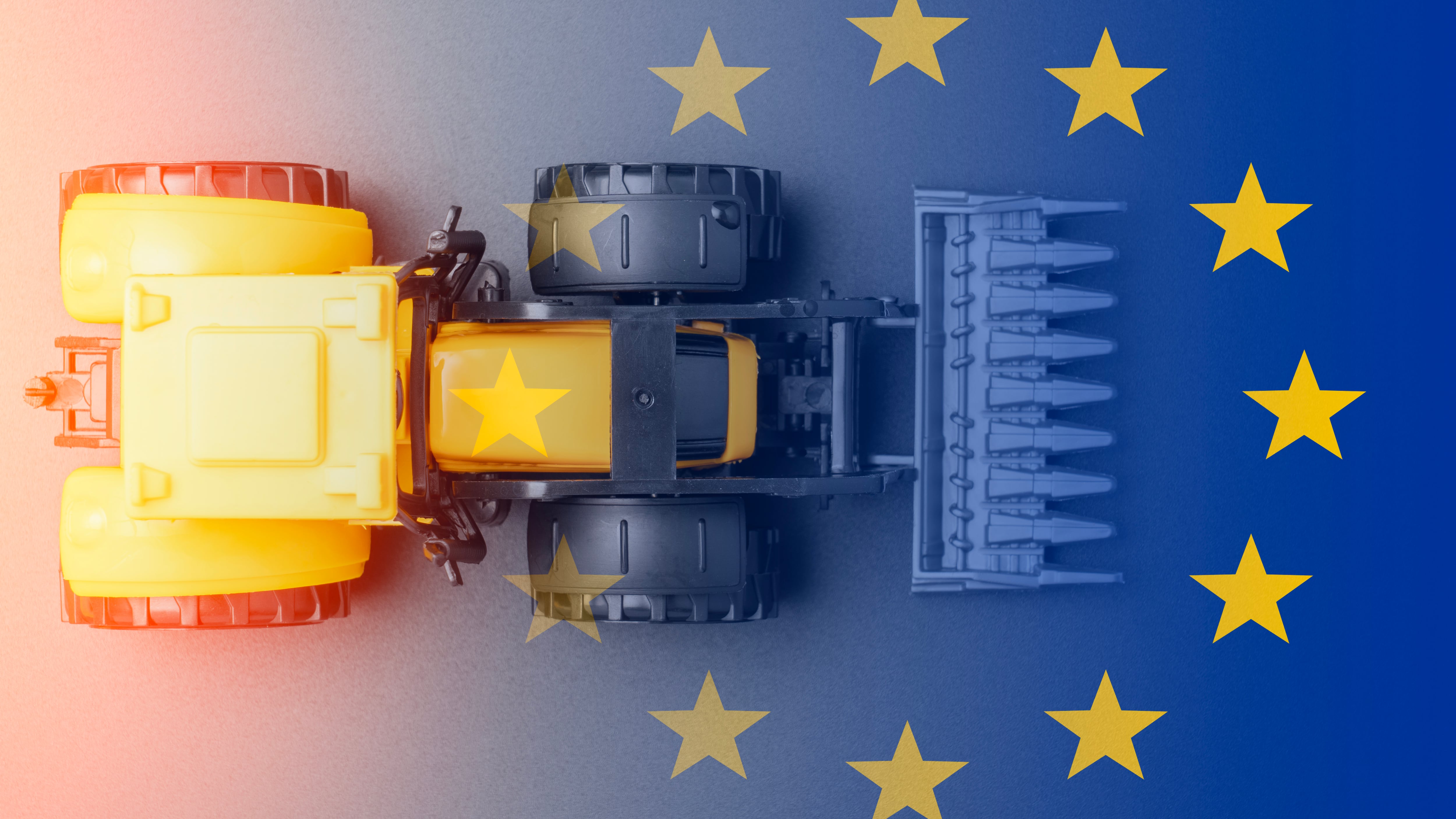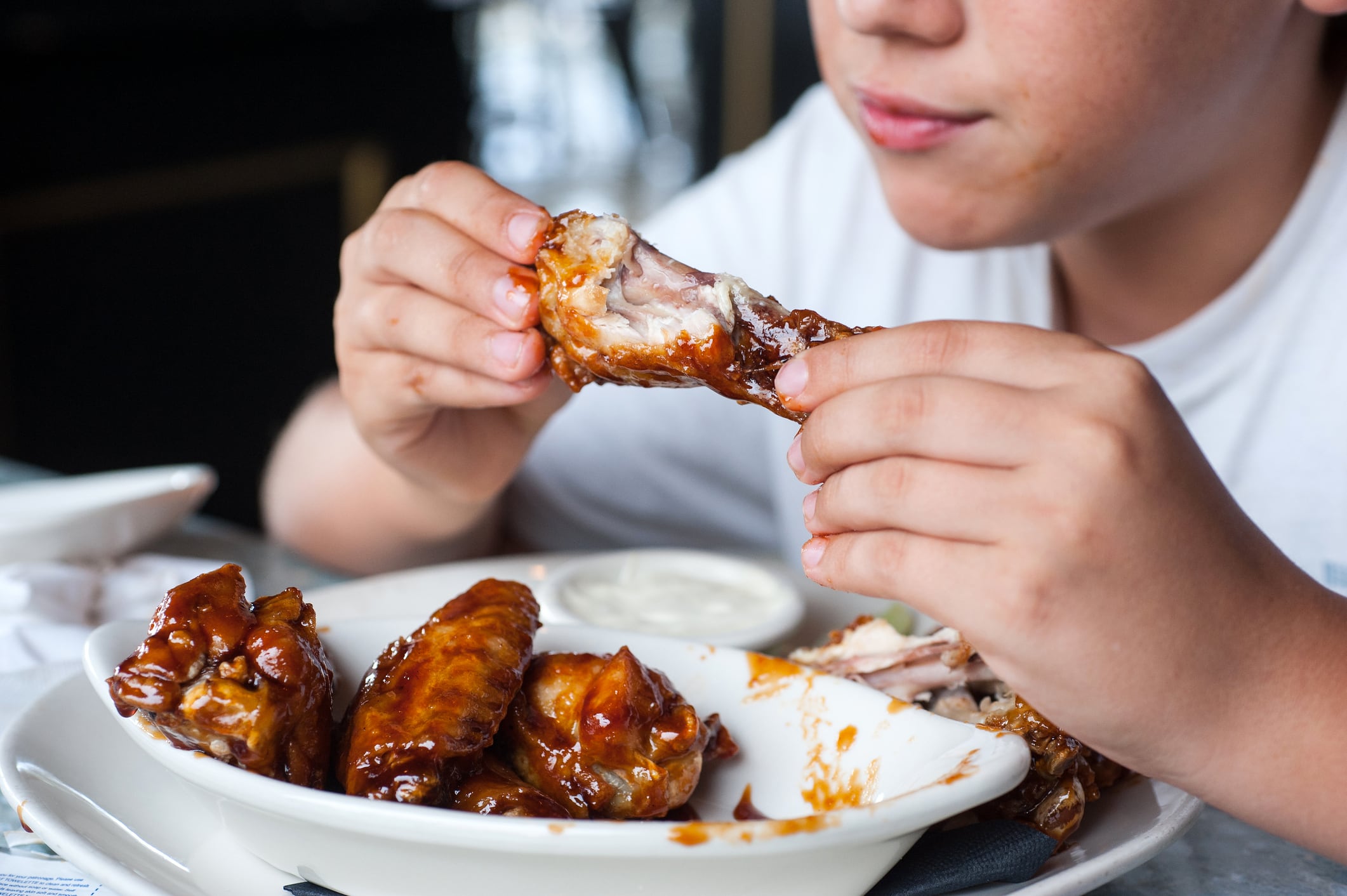So, is the EU transitioning away from meat? That is the question a swathe of food and drink businesses, farmers and manufacturers may well be asking themselves now.
It comes after the publication of the European Commission’s long-awaited Vision for Agriculture and Food strategic document. A report that one would expect to be visionary in every way.
Though it is a departure from the previous Farm to Fork strategy, the Commission’s Vision report is broadly a document of common sense. Of course the sector needs new blood. And yes, farmers need to be incentivised to be more environmentally friendly.
Where the weakness lies, however, is the approach to future food tech and the transition away from meat and animal proteins, which is frequently exhorted to consumers and industry alike as the way forward.
Why is the EU focused on livestock?
“Bad for the environment, too much is bad for health, etc…" They’re both arguments trotted out to push the agenda forward and away from meat.
It could be expected that the European Commission’s big, fancy and new agri-food vision would centre around alternative proteins. Not quite.
Plant-based proteins and alternative proteins don’t feature in the document at all. Livestock, however, puts in a strong appearance with no fewer than 19 mentions.
More on the 'Vision' strategy
“Sustainable livestock”, says the report, is essential to the European Union’s economy. Nobody is denying that, livestock and meat production – sustainable meat production, that is – will need to remain part of the bloc’s agri-food strategy for some time.
However, there is a strong argument in favour of getting on with finding practical solutions to feeding a growing population, both nutritionally and efficiently.
“We need to consider both the way protein is produced and consumed in the EU,” the document states in a woolly way.
In its defence, the strategy does go on to say the infrastructure around novel food approval processes, that can lead to a better and stronger alternative protein market, need to be improved (my words, not the EC’s). This includes a reinforced European Food Safety Authority (EFSA).
How focused on alt-proteins is the EU?
But then, the report diplomatically near u-turns, and reads: “Keeping Europe’s innovation edge in such new technologies is paramount for the sector to remain competitive and for the EU to remain a world leader in food innovation. At the same time, certain food innovation is sometimes seen as a threat to the traditions and cultures across Europe.”
It is a contradiction to weigh innovation and tradition against one another. Culture and tradition should be respected and preserved. But when it comes to the future of food, climate and feeding growing populations, one shouldn’t stand in the way of the other.
Global Food Tech Awards 2025
Are you a food and beverage innovator? Enter the Global Food Tech Awards to gain global recognition for you and your brand.
Free entry: Global Food Tech Awards 2025
There is, however, mention of a need for more dialogue on the matter, to better understand innovative technology and to “make sure they can be assessed in an inclusive way that also consider social, ethical, economic, environmental and cultural aspects of food innovation”.
Other commentators have suggested the overall thrust of the report, when it comes to alternative proteins, might be leaning into plant protein production – for feed certainly and maybe food.
But, this potentially isn’t the final version of the Commission’s agri-food ‘vision’. The strategy will be reviewed by the European Council and Parliament, so things could change.





